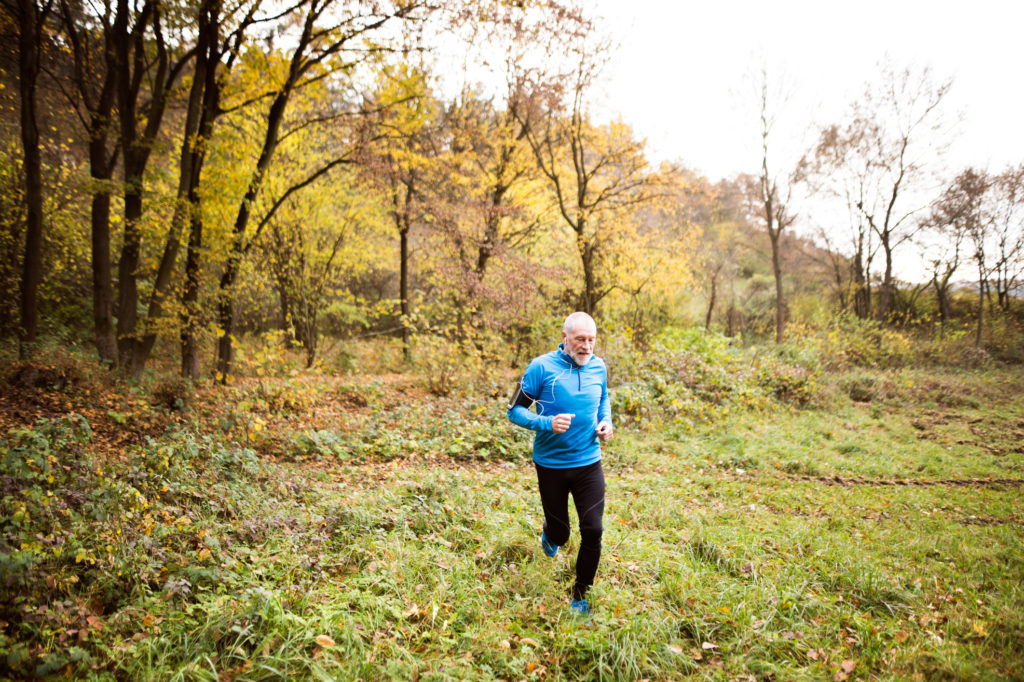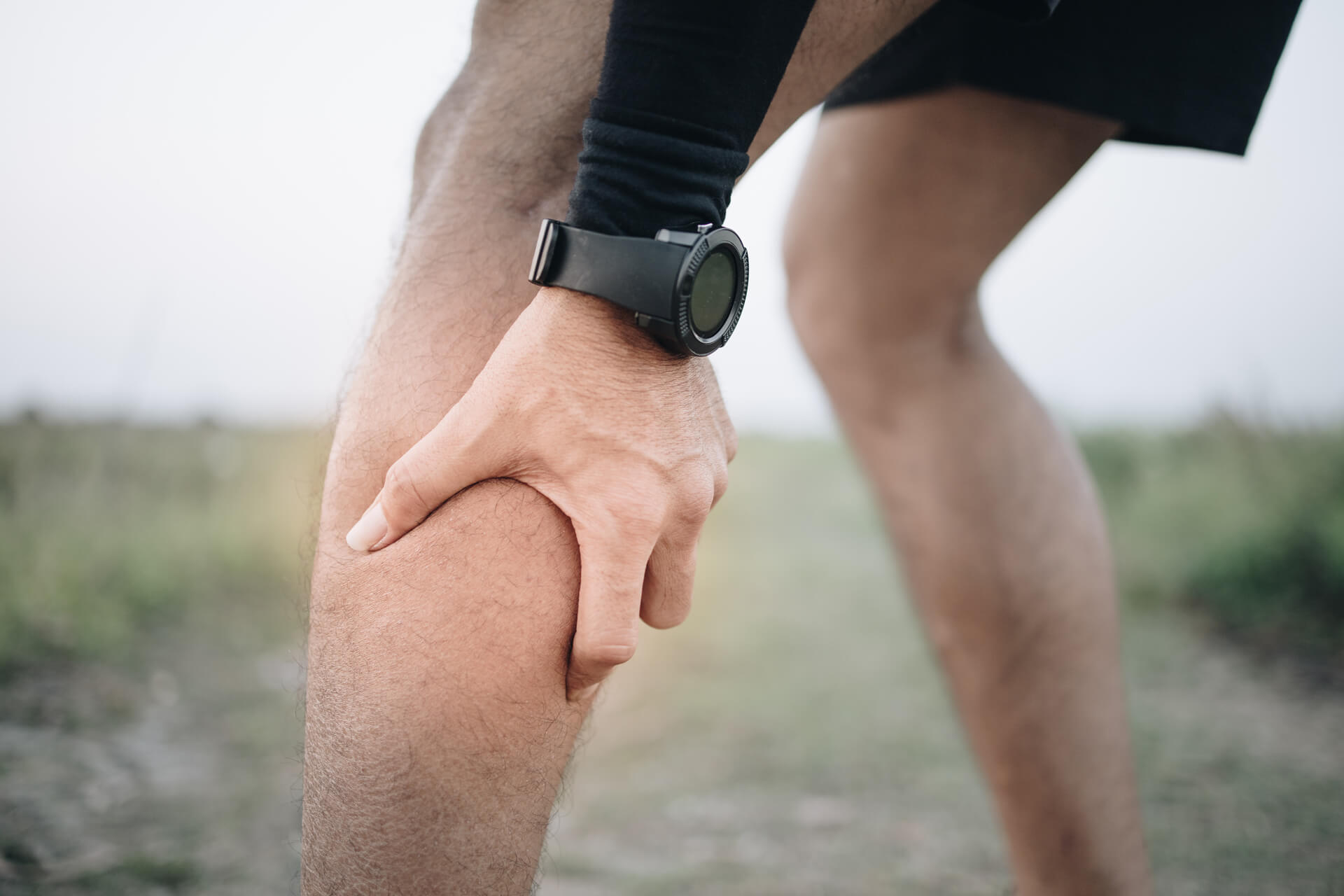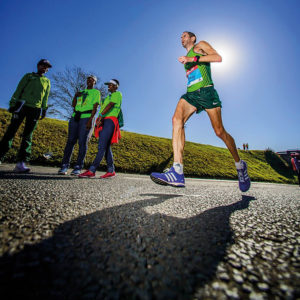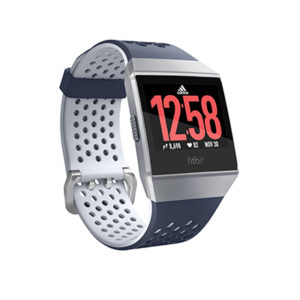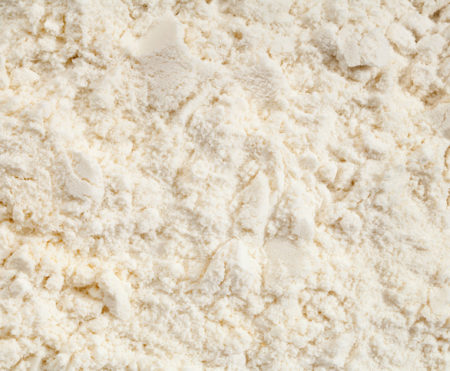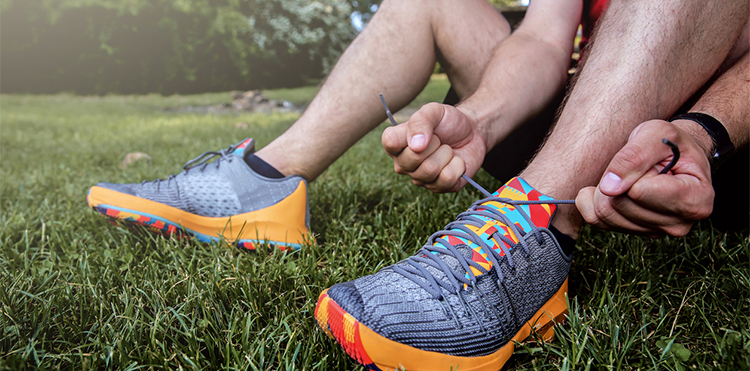Jog on
If you want to live longer, ditch the kettle chips, get that bum off the sofa and start running around the block. A US study spanning 20 years, published by the Archives of Internal Medicine, has shown that running can slow the effects of ageing. The research found that elderly joggers remained fit and active for longer than non runners and were half as likely to die prematurely. They were also less likely to succumb to a range of age related illnesses, including heart disease, cancer and neurological disorders.
Get outside
Forget the treadmill, running outdoors can keep the grim reaper at bay. Your skin gets exposed to sunlight which triggers cells to produce vitamin D which is essential for bone health, and helps to beat depression, heart disease, diabetes – in fact, just about everything. It’s estimated that 50% of adults have low levels of vitamin D, but just 15 minutes each day, plodding around the park is enough to maintain levels in most cases.
Ramp it up
It’s important for older runners to have one high-intensity workout each week – it helps to retain muscle mass and is a quick and effective way to improve your cardiovascular fitness. You need to train at about 80 per cent of your maximum heart rate during the workout. Try an interval training format of 60 to 90-second sprint intervals, separated by three to five minutes of easy jogging for recovery.
De-stress
Stress is one of the main causes of that spare tyre around your middle which can lead to heart disease in later life. So stay positive and always keep in mind that you are running because you enjoy it, you are doing it for fun, for health and because it’s a great way to keep fit. You don’t need to be competitive to get the health benefits from running. A tough day at work can be cleansed from your system with a good half-hour lung-burner.
Anything up to 40
Any amount of exercise will help depending on your level of fitness, but according to the University of California’s National Runners Health Study, running up to 40 miles a week will result in greater health benefits. Anything over that will continue to improve your level of fitness, but the study found few health benefits from running over 40 miles a week.
Weight it out
Research at McMaster University has shown that strength training can reverse the signs of ageing in the cells by as much as 20%. But that knowledge doesn’t do you any good unless you actually do some cross-training to strengthen your muscles for running.
Compound exercises
No matter how old you are, exercises that work lots of muscles in coordinated actions will ensure your body looks, feels and performs better. Squats, deadlifts, chin-ups, presses and rows all burn the most calories both during and after exercise, while you’re recovering.
Rest is best
Whether you pound the pavements every night or hit the weights at the gym, training is about putting your body under stress in calculated amounts. Too little and you get disappointing results. Too much and you don’t recover in time. If you can’t train at least as hard as in previous sessions in the week, you are doing too much and not allowing for adequate recovery. Plan your week, ensuring plenty of rest between sessions.
Watch what you eat
Although there are many things that can shorten our stay on planet earth, two lifestyle factors stand out: smoking and obesity. Smoking goes without saying, but the evidence suggests that reducing what you eat can help lead to a longer life. Studies in animals that ate 30 to 50% of their normal intake lived longer than those that did not. So, half an hour on a treadmill doesn’t mean you can scoff that third Krispy Kreme!
Stay flexible
We don’t expect you to do the splits, but maintaining flexibility is critical to your overall quality of life and is therefore vitally important for defying the ageing process. Stretching exercises increase circulation and help you maintain a normal range of motion in your joints, so decreasing your risk of injury. Classes such as yoga and pilates are great for flexibility and will help keep you supple and, in a roundabout way, alive longer.

